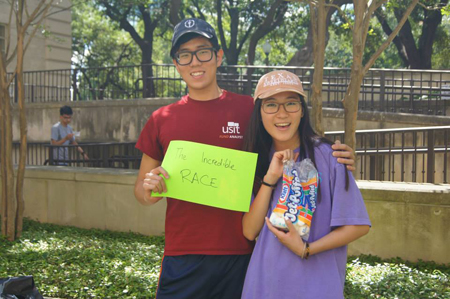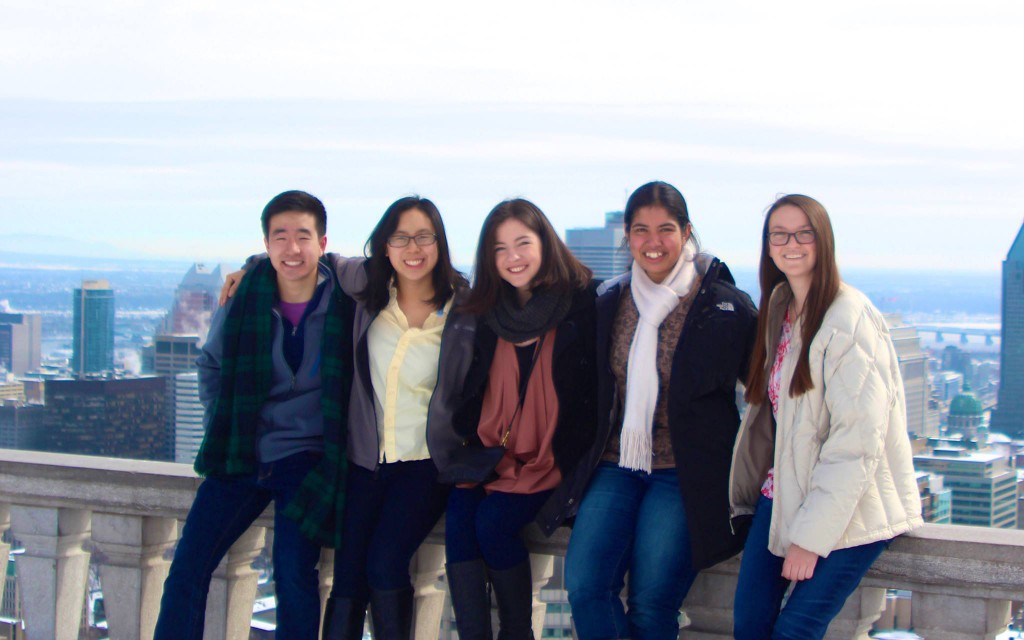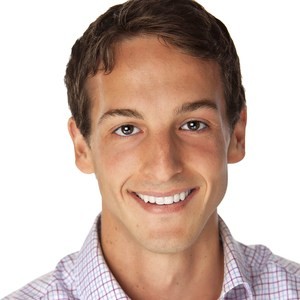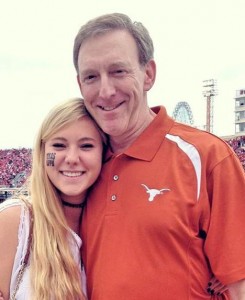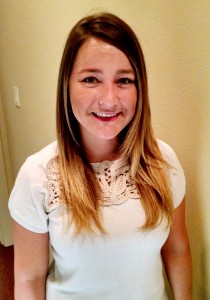 Tera Highbarger Hogan, BHP 2004, is the incoming chair of the BHP Advisory Board. Tera is currently a Staffing/Recruiting Manager for Google, based out of their Austin office. Before joining Google, Tera was a management consultant at Accenture for many years and worked for Novotus, both in the area of program management.
Tera Highbarger Hogan, BHP 2004, is the incoming chair of the BHP Advisory Board. Tera is currently a Staffing/Recruiting Manager for Google, based out of their Austin office. Before joining Google, Tera was a management consultant at Accenture for many years and worked for Novotus, both in the area of program management.
Why did you decide to get involved through serving on the BHP Advisory Board and do you have any goals for your time as chair of the advisory board?
I really enjoyed my time in BHP and valued the programs that BHP offered. As an alum I want to be a part of making sure our great base of alumni is doing what it can to support the program. During my term, I will look for ways that alumni can provide more support and help to the program and how we can raise the profile of the program nationally. I would love to see more out-of-state applicants and more diversity of in-state applicants.
You had many roles at Accenture and stayed there for eight years. What did you most enjoy about working for Accenture and how did you develop professionally during that time?
What I enjoyed most about my time at Accenture was getting to see a variety of types of work and clients. I was exposed to a breadth and depth of businesses early on in my career. I was also fortunate to have a lot of client relationships at senior levels, especially considering how early I was in my career. Each project was different than the one before. I had to come in and learn a new area, identify what the clients’ needs were and be able to deliver on those. Throughout my experience at Accenture, I built my client relationship and program management skills and ensured that the clients’ needs were met.
You spent the majority of your career in program management and then switched to recruiting. What prompted that change?
I loved my time at Accenture and wouldn’t change that for anything. It was a great place to start my career. I had been doing the same thing for a while though, and I was interested in other types of work and in being in a business, instead of just being a consultant for one. I was also looking to get off the road and spend more time in Austin. I decided to take a job with Novotus, a recruiting firm where I was still leveraging the program management and client relationship management skills I had built.
I have always been most interested in the people side of business. When I was working for Accenture, I enjoyed career development with my staff and recruiting activities, so I was drawn in by these parallels and the opportunity to spend more focus on people.
What are the challenges of recruiting and staffing for a company the size of Google?
The volume, scale and complexity of Google is a challenge in everything we do. Google is looking to hire the best of the best for each and every role. There is such a variety of things at which people excel and for which they could be a good fit. Matching people with their perfect dream job, not just the next job, is our goal.
My teams are focused on passive candidates – people who haven’t applied, but that we have gone out and found because they are the best in their field. We get in touch with them and get to know them, to find out what they are interested in pursuing. We find out what they are passionate about and what their goals are to see if we can make that happen for them at Google.
Google has long been considered one of the best and most fun places to work. How do you sell your recruits on working there and what do you enjoy about working there?
We sell our recruits more on the work they will be doing. The fun is certainly a piece of it, but what they are most interested in is working on cool, challenging projects and how they can really change the world by what they will be working on. It is a fun, laid back environment to work in with free meals on campus, scooters – all those fun things. We work hard, but we also have fun.
As a recruiter, what advice do you have for students interviewing for jobs and internships?
Do your homework on the company and be yourself during the interview. They are assessing if you are a good fit for the job as much as you are assessing if it is a job you would want. You will be doing this job 40 hours a week, at least, so you want something that is a good fit and that you will enjoy. Also, don’t stress so much, it will all work out!! It’s easy to get wrapped up in thinking this is what you will be doing forever, but that isn’t the case, and really you’re looking for the best starting point for you (which won’t be the same as everyone else).
How did BHP prepare you for the work you have been doing?
The small classes and project focus of BHP prepare you for the real world because that’s how the real world is structured. You have to work with others to solve problems. There are also many times when you will have to work with people you don’t have authority over and in school you practice that when working with peers on group projects.
What are some of your best memories from your time at UT?
Making new and lifelong friends, and spending time with those friends. Also having a flexible daily schedule, which you don’t get when you start working. I have been in a book club with some of my BHP friends who live in different cities, and even different continents, for over 10 years now. The BHP friends you make are always going to be people who understand things you are facing in your career and will be there to provide great advice and guidance, because they are probably walking down a similar career path to you, even if it is in a different industry.


